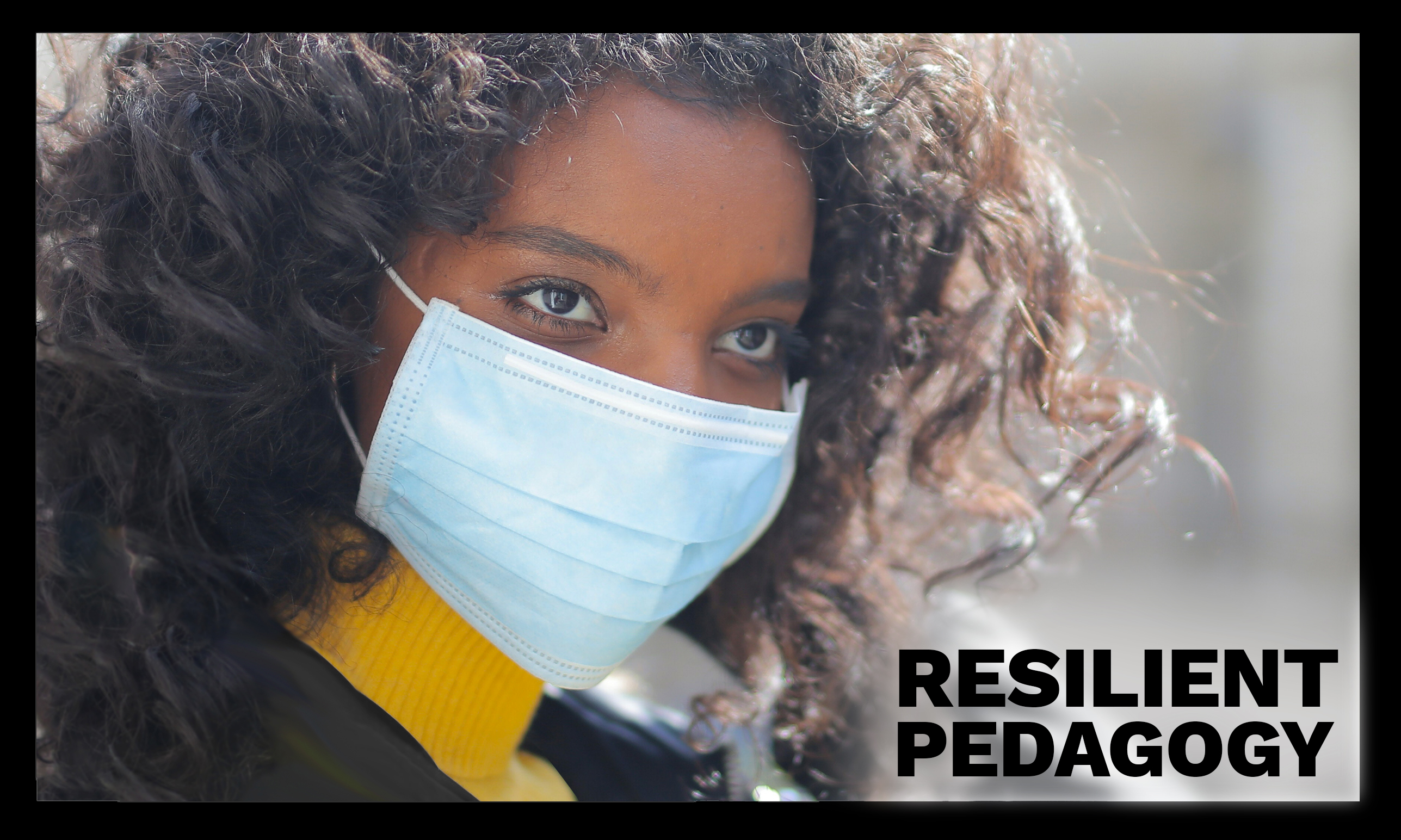
Resilient Pedagogy
Document Type
Chapter
Editor
Travis N. Thurston, Kacy Lundstrom, and Christopher González
Publisher
Utah State University
Publication Date
6-7-2021
First Page
272
Last Page
288
Creative Commons License

This work is licensed under a Creative Commons Attribution-Noncommercial-No Derivative Works 4.0 License.
Abstract
Like other institutions across the world, Georgetown University in Washington, DC switched to remote learning in March 2020 as the COVID-19 pandemic hit the United States. Our Center for New Designs in Learning and Scholarship (CNDLS), which serves as both a center for teaching and learning as well as a center for technology innovation, responded quickly with a series of offerings to prepare and support faculty to teach remotely. Options included a virtual conference on digital pedagogy, a series of cohort-based Course Design Institutes (CDI) throughout the summer where faculty engaged with intertwined principles and best practices from inclusive pedagogy and online course design; and a series of workshops on select teaching topics. As with so many other centers for teaching and learning, we saw a rapid increase in faculty participation as instructors planned for fall 2020 remote courses. We worked with over 1,800 unique faculty through our summer conference, CDIs, and other engagements.
Recommended Citation
Debelius, M., McGowan, S., Maciel, A., Reid, C., & Eason, A. (2021). “Things are different now” a student, staff, and faculty course design institute collaboration. In Thurston, T. N., Lundstrom, K., & González, C. (Eds.), Resilient pedagogy: Practical teaching strategies to overcome distance, disruption, and distraction (pp. 272-288). Utah State University. https://doi.org/10.26079/a516-fb24.
Included in
Higher Education Commons, Online and Distance Education Commons, Teacher Education and Professional Development Commons


Comments
View in html or various e-book formats.